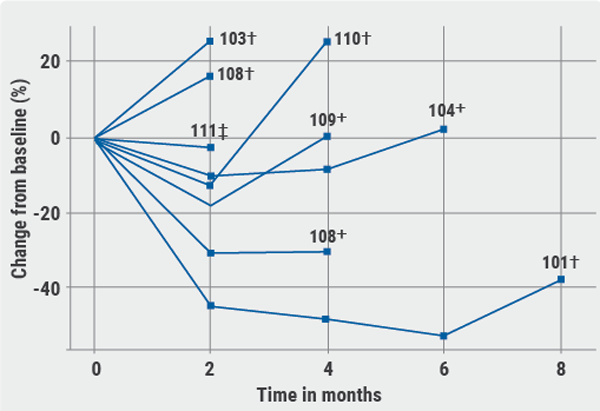Although a large majority of lung cancer patients are current or former smokers, those who have never smoked should still remain aware and seek lung screenings, researchers write in the journal JAMA Oncology.
"One out of every eight people diagnosed with lung cancer had never smoked cigarettes, which reiterates the importance of learning more about their risk factors for lung cancer, which could impact prevention and treatment," said lead author Dr. David Siegel of the CDC's Division of Cancer Prevention and Control in Atlanta, Georgia.
"This also reinforces the need to strengthen and increase cigarette cessation and lung-cancer screening among high-risk current and former smokers," he told Reuters Health by email.
Dr. Siegel and colleagues analyzed data from the CDC's National Program of Cancer Registries in seven states: Alaska, Colorado, Florida, Idaho, Louisiana, North Carolina and Rhode Island. They looked at smoking status - current, former or never - among patients over 20 who received a lung-cancer diagnosis between 2011 to 2016.
Among the nearly 130,000 patients with lung cancer, 50.8% were former smokers, 36.7% were current smokers and 12.5% had never smoked.
The proportion of never-smokers was significantly higher in women than in men, at 15.7% versus 9.6%, including across age, race and ethnicity. In addition, the never-smoker proportion was highest among people between ages 20-49 and lowest among those between ages 50-64.
More than 84% of women and 90% of men diagnosed with lung cancer were former or current smokers. About half of patients between ages 20-64 were current smokers. Across all ages, the proportions of current smokers were higher for Black patients than for white or Hispanic patients.
Future research should identify additional risk factors for lung cancer among those who have never smoked, especially for women, Dr. Siegel said.
"For example, genomic research among never smokers may help identify signature mutations associated with lung-cancer risk factors such as secondhand smoke exposure, occupational exposures, radon, air pollution, and genetic factors," he said.
Based on recent studies, the number of lung-cancer cases among patients who report they have never smoked seems to be on the rise in several countries. Some researchers anticipate that non-smoking lung cancer could exceed smoking-related lung cancer in the next 10 years, said Dr. Eric Lim of Imperial College London's National Heart and Lung Institute.
Dr. Lim, who wasn't involved in the new study, has researched lung cancer and long-term trends in multiple countries.
"In China, non-smoking lung cancer is now the predominant form of lung cancer," he told Reuters Health by email. "As Western societies largely stopped smoking in the late 1980s, smoking as a risk factor will come down, and non-smoking lung cancer will rise accordingly."
In upcoming years, doctors and researchers should focus on "low-risk, high-yield" screenings to detect lung cancer regardless of smoking history, he added.
"Lung cancer is the single biggest cancer killer worldwide," he said. "Anyone can get it."
SOURCE: https://bit.ly/37Y4XCo JAMA Oncology, December 3, 2020.
By Carolyn Crist
Posted on
Previous Article
« DASH diet reduces BP, boosts vascular health in youth with elevated BP Next Article
Prostate biopsy needn’t substantially delay laser enucleation »
« DASH diet reduces BP, boosts vascular health in youth with elevated BP Next Article
Prostate biopsy needn’t substantially delay laser enucleation »
Related Articles

November 8, 2019
Talazoparib + low-dose temozolomide seems promising in ES-SCLC
© 2024 Medicom Medical Publishers. All rights reserved. Terms and Conditions | Privacy Policy
HEAD OFFICE
Laarderhoogtweg 25
1101 EB Amsterdam
The Netherlands
T: +31 85 4012 560
E: publishers@medicom-publishers.com

